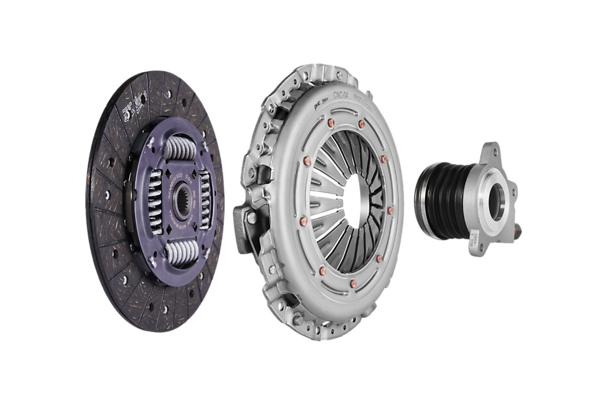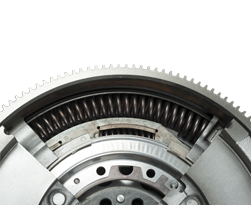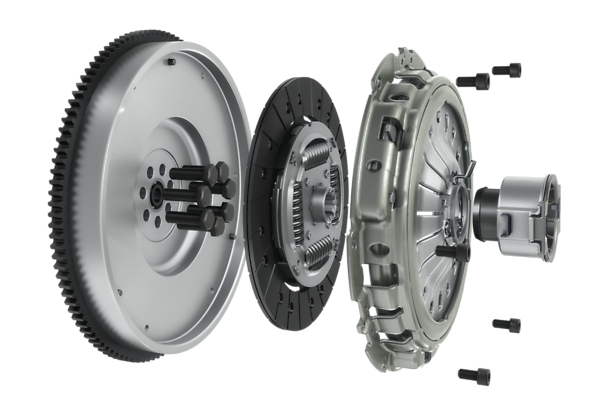Clutch master cylinders (C.M.C.)

Along with technologies and new car manufacturers’ requirements, it has become difficult to fit a cable in a straight line between the pedal and the lever. That’s why more and more cars are now using hydraulic systems. These are much more flexible and reliable compared to manual systems. First, they enable an optimal and constant pedal effort. Second, the used material is much lighter (up to 70% reduction of weight compared to the standard clutch system command) as well as much more compact.
This is the main reason why this technology is easier to implement on OE projects. In response to this market trend, Valeo has developed a wide range of hydraulic parts: clutch master cylinder (CMC), clutch release cylinder(CRC) and clutch slave cylinder (CSC). Both the clutch master cylinder and the clutch release cylinder are used in the “semi-hydraulic” system, whereas a “full hydraulic” system uses a CMC and a clutch slave cylinder. The CMC is part of both the full and semi hydraulic system. “CMC”. Its function is to transform the movement of the clutch pedal via the movement of hydraulic fluid. The current Valeo range is composed of over 100 part numbers.
The new clutch master cylinder generation with sensor is commonly used on applications equipped with electronic hand brake, cruise control or start & stop function. A sensor with reduced dimension (down to 15mm) is attached to the CMC body and the piston contains a magnet. The magnetic field enables the sensor to detect the linear position of the piston and thus pedal position is identified. This new technology applies to the new Peugeot 308 and the Citroen C4 Picasso with this new CMC technology.







